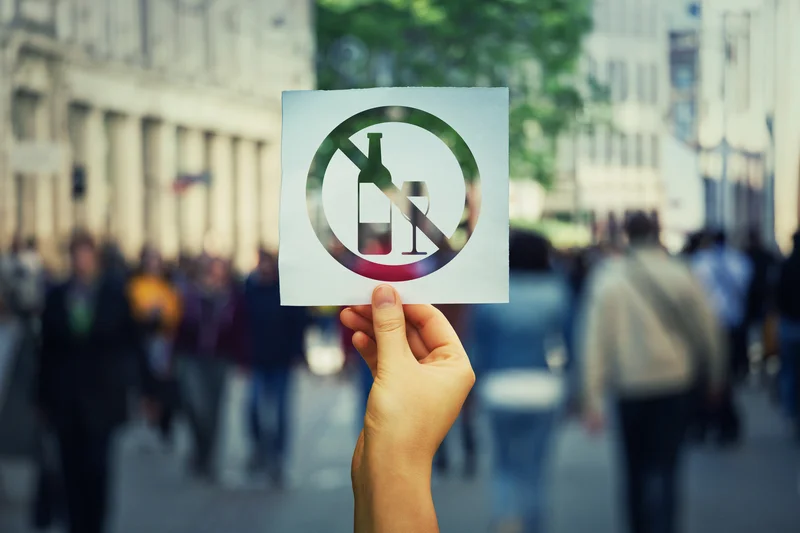How Long Does Marijuana Stay in Your System? Hours Days

This method provides a long-term record of usage but is more reliable for heavy, regular users than occasional consumers. While the authors of the study stated that hair analysis is a viable method for detecting cannabis consumption, they also acknowledged that it’s unreliable for detecting light cannabis use. The metabolite THC-COOH is fat-soluble and binds to fat molecules, where it can be stored for a lengthy period of time.

How many days does THC stay in your system after occasional use?

At this stage, your liver converts the THC that you ingested into a metabolite called 11-hydroxy-THC, which can be more powerful than the THC itself. The timelines given below are only an estimate, as different testing assays may result in variable windows of detection. However, even with increasing acceptance of weed, it’s not legal everywhere, and even in places where it is, drug tests may be required for employment or other reasons. Here, at MarijuanaDoctors.com, we offer numerous resources, including the ability to find a cannabis-certified physician and locate a dispensary. You can also sign up for our newsletter to keep updated on the medical marijuana industry. Most state’s employers can fire you legally if your drug test comes back positive, even if your state has legalized medical cannabis.
- Long-term effects result in some permanent changes to the brain, such as losing mental abilities and functioning.
- Around 65% of the THC is expelled from the body via feces, while approximately 20% exits through urine.
- A 2005 review published by the National Drug Court Institute states that THC detection times rarely exceeded 30 days.
- The more active you are, the faster your metabolism will work to get rid of traces of THC in your system.
- We publish material that is researched, cited, edited and reviewed by licensed medical professionals.
Hair Testing
- Whether you’re struggling with marijuana use or any other substance, we offer comprehensive Substance Abuse Treatment programs to support your recovery.
- When heated THCA turns into THC (delta-9-THC), which is psychoactive.
- But because THC remains federally illegal in the US, cannabis drug tests often exclusively screen for THC and THC metabolites, or byproducts that are produced when THC is broken down in the body.
- As expected, chronic users are susceptible to THC urine detection longer than individuals who use the herb occasionally.
- Genetics also affect the length of time that THC remains in the system.
- That means that even if your results were negative on the urine drug test, you could still test positive after that.
It’s a decision you need to make for yourself, but understand that beating how long does marijuan stay in your system a drug test when you’re a regular marijuana user is almost impossible. Researchers believe around 15 to 20 percent of a THC dose is eliminated when the user urinates. So, the stronger the pot is, the more metabolites will be present in the urine. This also explains how the administrators of the test can correlate the little amounts they detect with a real marijuana dose. In general, the amount of time marijuana is going to remain in your system is just speculation.
- One of the most abundant components in cannabis is a chemical substance called THC, which stands for delta-9-tetrahydrocannabinol.
- There’s no universal standard for how long weed stays in anyone’s system because it depends on too many variables.
- Several different types of drug tests and screens are available to help determine if you have used, or are still using any cannabis products within a certain period.
- There is no way to determine how long marijuana will remain in your system for certain, and it can vary from person to person.
- Whether you tried to test your limits or somebody just gave you a 50 mg edible without informing you about its potency, an overdose can happen.
How long does THC stay in your system for regular users?
“It is a good choice for new users to take a small conservative test dose or series of test doses to get acclimated to this new sphere of experience,” Dr. Binneboese continues. This approach helps you avoid the side effects of consuming too many THC edibles. Because some people tend to take a second dose when they don’t feel the effects of the first one yet. What happens next is that these two doses overlap and, at some point, will accumulate in your bloodstream — intensifying the effects.

- THC is also passed through the liver and breaks down into metabolites such as 11-nor-9-carboxy-THC, also known as THC-COOH.
- Antihistamines block the metabolites produced when THC breaks down in your body, which ends the effects of marijuana more quickly.
- Like other tests, hair follicle tests look for the presence of THC-COOH rather than THC itself.
- These tests measure THC metabolites in various bodily systems, influenced by factors like a person’s system, frequency of use, and body composition, affecting detection times.
Thus, when not working efficiently, the filtration process is prolonged. That depends on several biological factors, the sensitivity of the testing measures and the chemical structure tested for as well as the amount of accumulated THC in your body. Testing positive does not necessarily indicate impairment; it simply reflects past use. Understanding this distinction is vital when navigating conversations around drug testing policies at work or legal settings. It’s essential to recognize that each person’s experience with THC metabolism is unique due to genetic differences, lifestyle choices, and overall health conditions. People anticipating drug tests may attempt to flush THC out of their system more quickly.
Traces of THC are deposited on the hair shafts from the blood vessels in your scalp and remain there as the hair grows out. Marijuana is broken down by the body into metabolites, which are detectable on drug tests and can remain in your system even longer than THC. Delta-8 THC, a milder cousin of delta-9 THC found in traditional marijuana, can stay in your system just as long as regular THC.

Once consumed, THC is distributed to Substance abuse various tissues and organs, such as the brain, heart, and fat, and is metabolized by the liver into compounds like 11-hydroxy-THC and carboxy-THC. Around 65% of the THC is expelled from the body via feces, while approximately 20% exits through urine. Here’s everything you need to know about the timeline of THC detection, the factors influencing it, and the methods used for testing.


